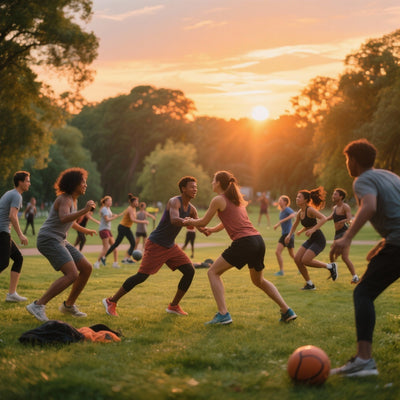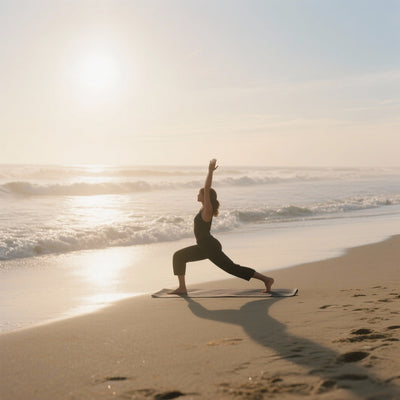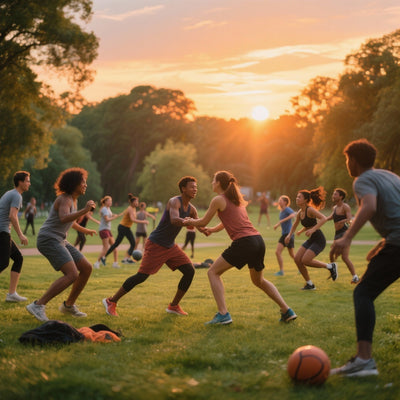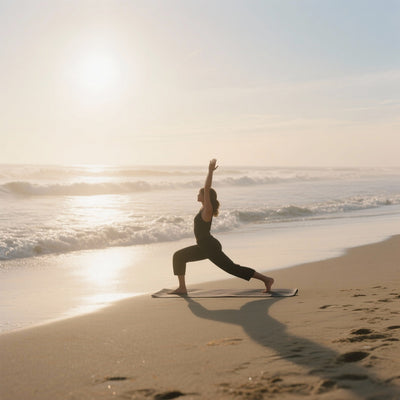Do People Who Don't Exercise Live 3 Years Longer? A Scientific Analysis
Physical activity is often presented as the key to a long and healthy life. We are encouraged to run, swim, cycle, and lift weights. But what happens if we choose a different path? Is there a reality where the absence of sport isn't synonymous with premature death? Is the claim that people who skip exercise live three years longer a myth or a hidden truth?
In this article, we'll delve into the science to separate fact from fiction. We'll examine existing studies, potential confounding factors, and alternatives to intense exercise for increased longevity. Prepare to challenge your preconceived notions about sport and health.
Physical Activity and Longevity: A Well-Established Link
It is undeniable that numerous studies have demonstrated a positive correlation between regular physical activity and a longer life expectancy. Exercise helps reduce the risk of cardiovascular disease, type 2 diabetes, certain cancers, and osteoporosis. It also improves sleep quality, mental health, and cognitive function. These benefits are well-documented and cannot be ignored.
The Paradox of Intense Exercise: Is Too Much Too Much?
However, science also paints a more nuanced picture. Recent studies suggest that excessively intense physical activity could have detrimental effects on health, particularly cardiovascular health. Chronic inflammation, oxidative stress, and repetitive strain injuries can counteract the benefits of exercise. It is therefore crucial to find a balance and adapt the intensity of physical activity to one's own body and abilities.
Active Sedentary Lifestyle: The Secret to a Long and Healthy Life?
The term "active sedentary behavior" may seem paradoxical, but it describes an important reality. It's not about sitting all day, but about limiting prolonged periods of inactivity. Incorporating regular movement into your daily routine, such as walking, gardening, or doing housework, can have beneficial effects comparable to those of a structured exercise program. The key is to move regularly, even at a low intensity.
Confounding Factors: Beyond the Exercise
It is crucial to consider other factors that influence longevity beyond physical activity. Diet, sleep, stress management, genetic factors, and the social environment also play a determining role. Therefore, it is simplistic to attribute longevity solely to the presence or absence of physical activity. A holistic approach to health is essential.
"Health is not merely the absence of disease, but a state of complete physical, mental and social well-being." - World Health Organization (WHO).
Alternatives to Exercise: Cultivating Overall Well-being
If intense physical exercise isn't for you, there are many alternatives for cultivating your well-being. Meditation, yoga, mindful walking, creative activities, and positive social interactions are all ways to reduce stress, improve your mood, and strengthen your immune system. The goal is to find activities that bring you joy and fit naturally into your life.
The Importance of Listening to Your Body
Every individual is unique, and it's essential to listen to your body's signals. If you experience pain, excessive fatigue, or a persistent lack of energy, it's important to slow down, consult a healthcare professional, and adjust your routine accordingly. Pushing your body beyond its limits can have harmful long-term consequences.
Longevity: A Personalized Balance
In conclusion, the claim that people who skip exercise live three years longer is an oversimplification. Regular physical activity is generally beneficial for health and longevity, but the intensity and frequency must be tailored to each individual. Active sedentary behavior, stress management, a balanced diet, and a positive social environment are also key factors. The goal is to find a personalized balance that allows you to live a long, healthy, and fulfilling life.











